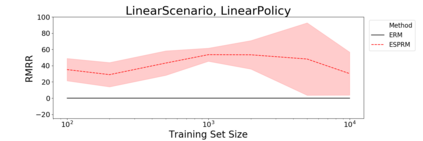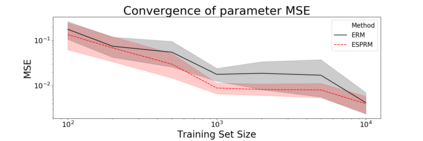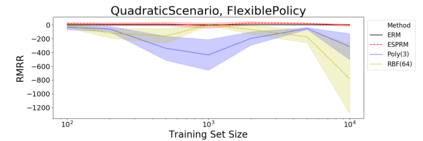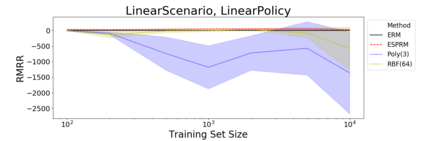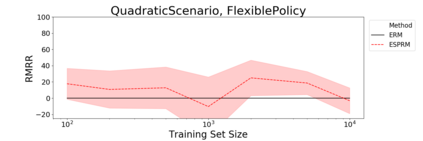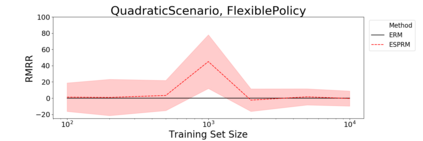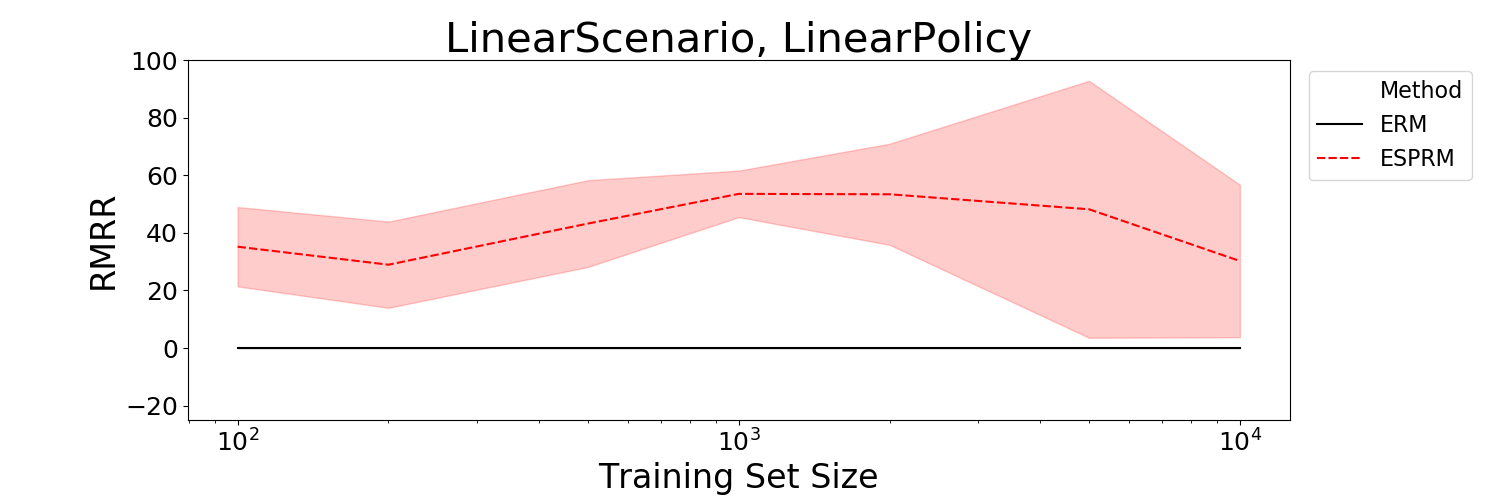Recent work on policy learning from observational data has highlighted the importance of efficient policy evaluation and has proposed reductions to weighted (cost-sensitive) classification. But, efficient policy evaluation need not yield efficient estimation of policy parameters. We consider the estimation problem given by a weighted surrogate-loss classification reduction of policy learning with any score function, either direct, inverse-propensity weighted, or doubly robust. We show that, under a correct specification assumption, the weighted classification formulation need not be efficient for policy parameters. We draw a contrast to actual (possibly weighted) binary classification, where correct specification implies a parametric model, while for policy learning it only implies a semiparametric model. In light of this, we instead propose an estimation approach based on generalized method of moments, which is efficient for the policy parameters. We propose a particular method based on recent developments on solving moment problems using neural networks and demonstrate the efficiency and regret benefits of this method empirically.
翻译:最近从观测数据中进行的政策学习工作突出了高效政策评价的重要性,并提议削减加权(成本敏感)分类,但是,高效政策评价不必导致对政策参数的高效估计。我们认为,任何得分函数,不论是直接的、反反向的加权的,还是双重强势的,加权代用损失分类减少政策学习的加权代用方法所带来的估计问题。我们表明,根据正确的规格假设,加权分类提法对于政策参数来说不一定有效。我们与实际的(可能加权的)二元分类相比,正确的规格意味着一个参数模型,而对于政策学习来说,它只意味着一个半参数模型。有鉴于此,我们提议一种基于一般时间方法的估算方法,对政策参数来说是有效的。我们根据最近利用神经网络解决时空问题的发展情况提出一种特别的方法,并用经验来表明这种方法的效率和遗憾的好处。

